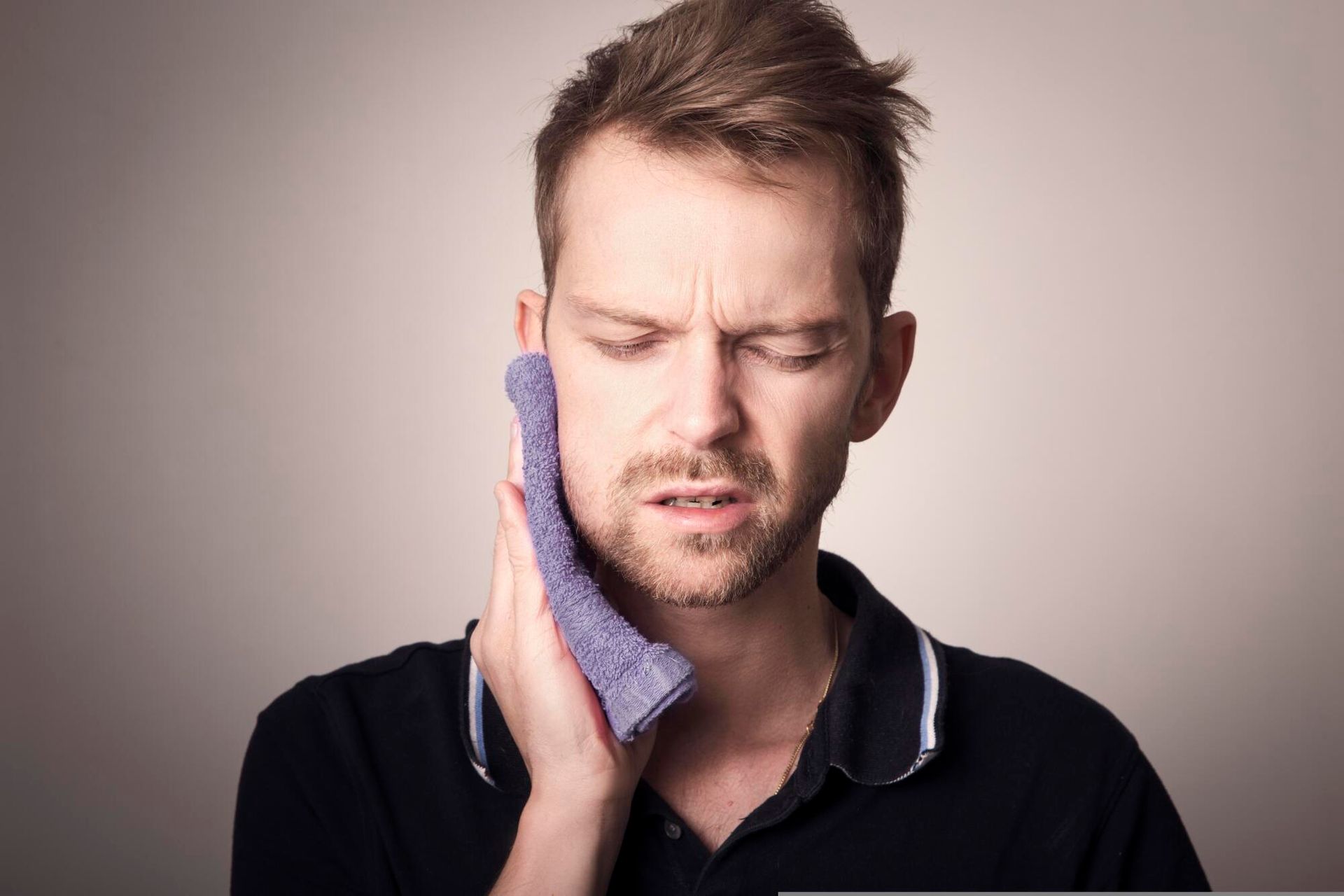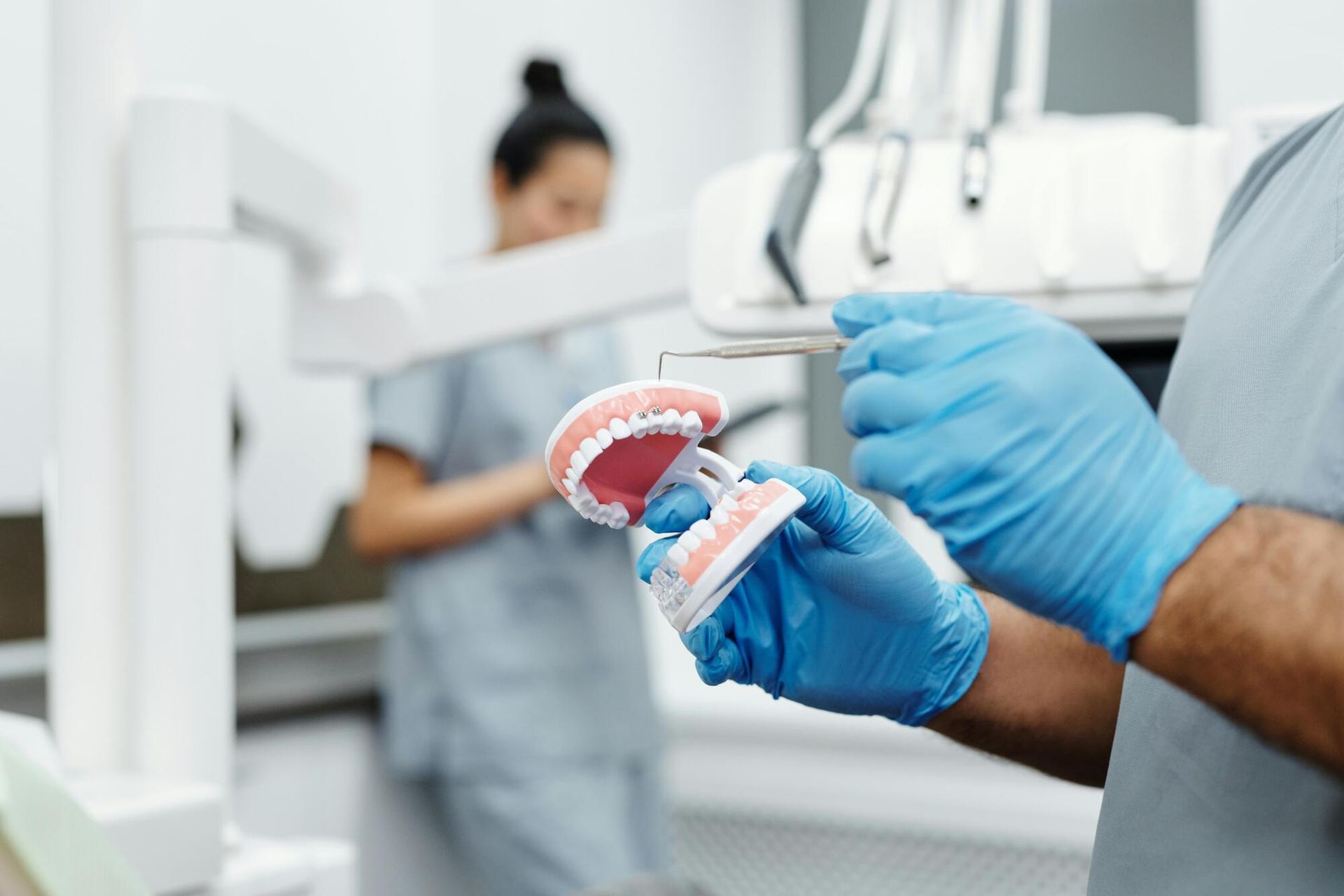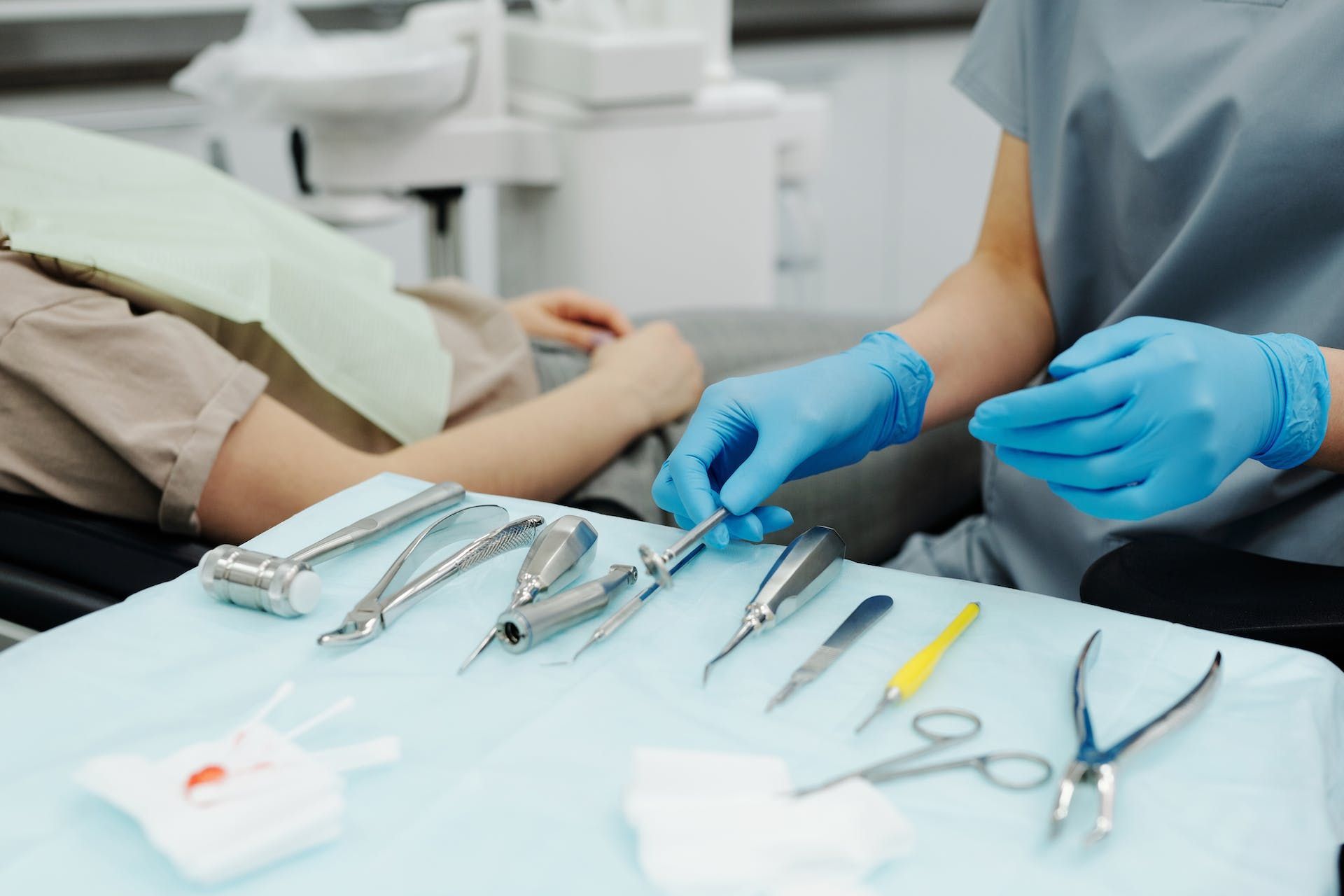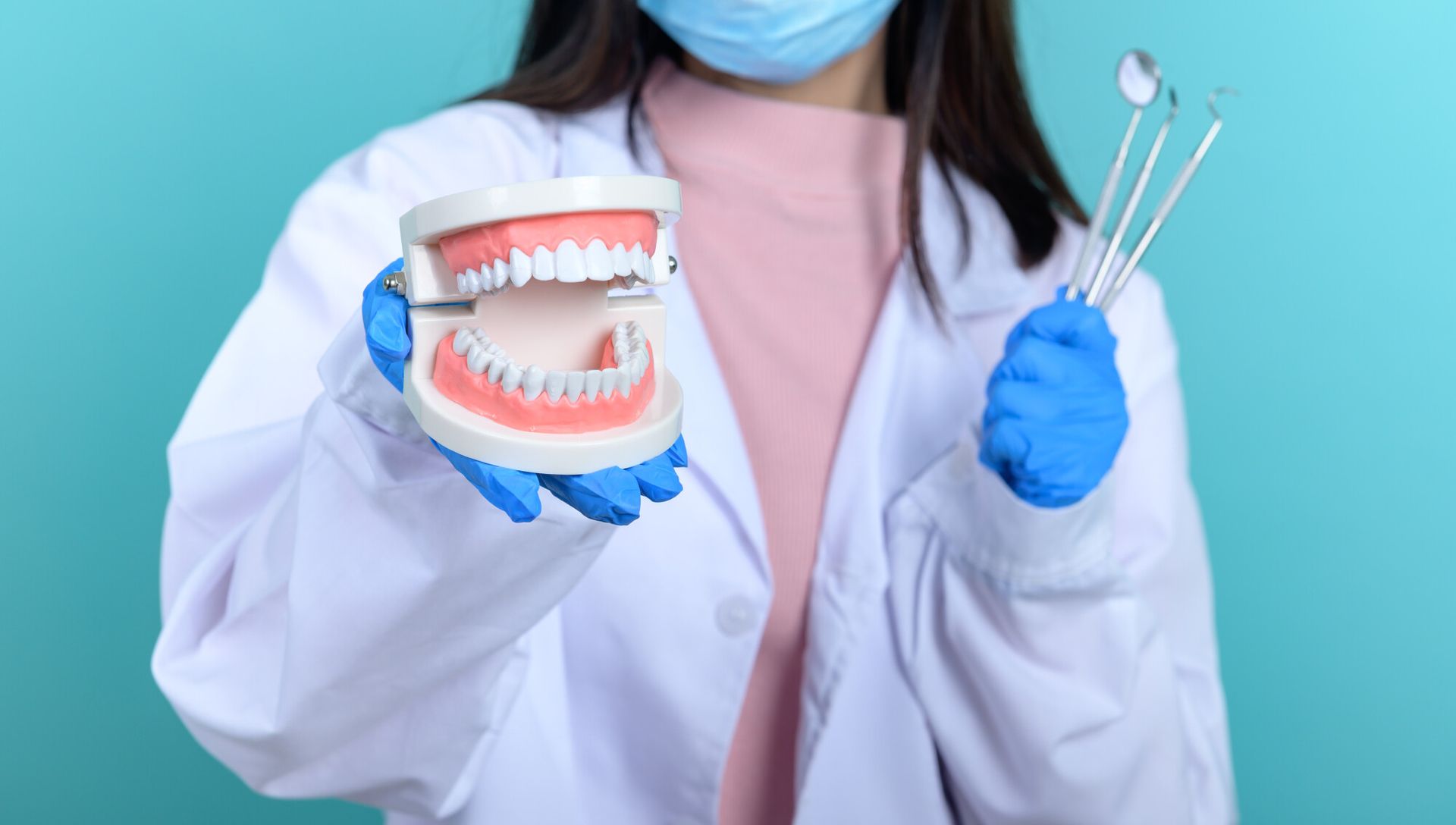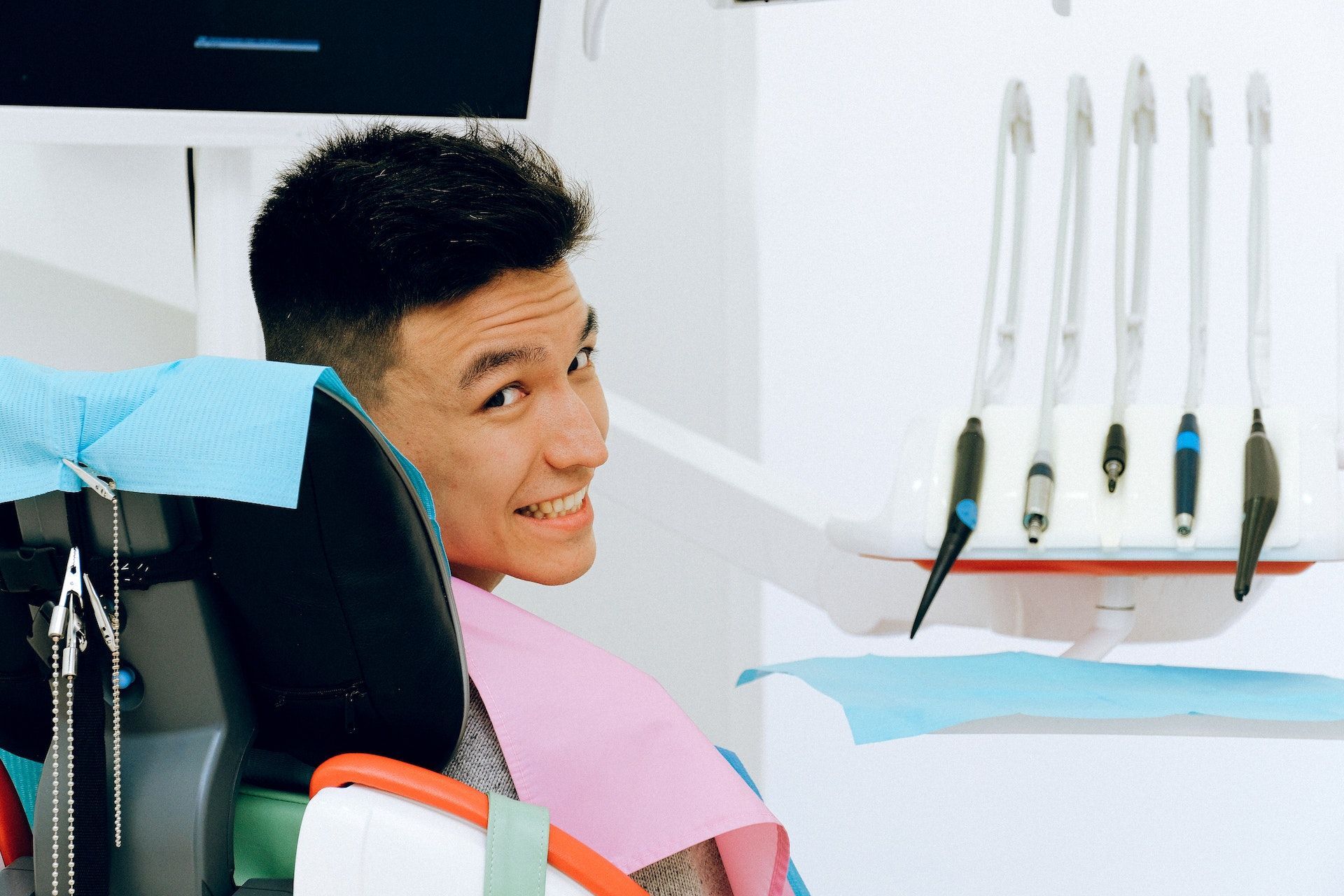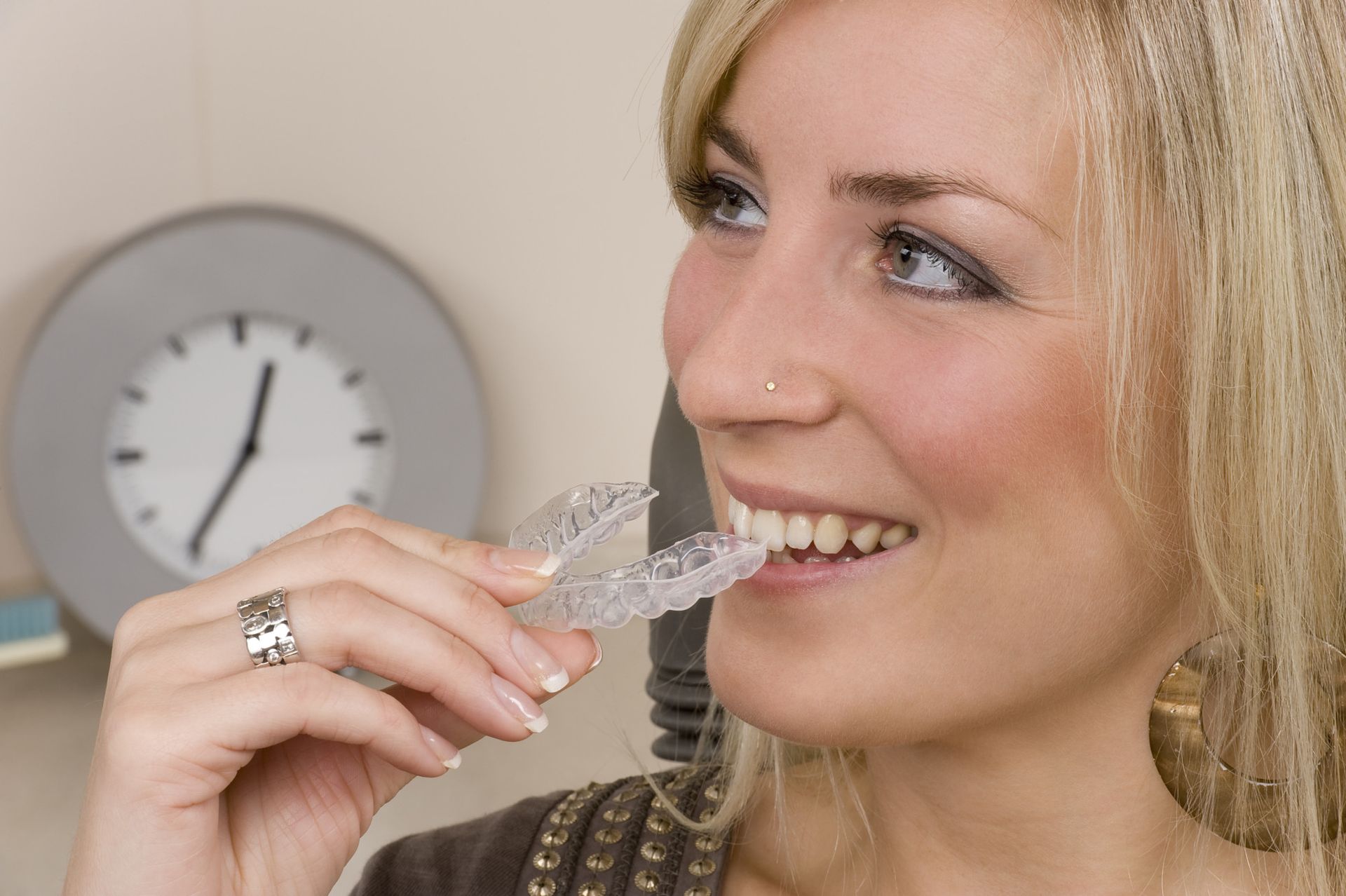What Is Considered a Dental Emergency?
If you're experiencing a severe tooth issue, should you seek emergency dental care? We're breaking down what is and what isn't a dental emergency here.
Each year, roughly 22% of the population experiences orofacial pain. This is an umbrella term that includes dental pain, indicating a potential dental emergency. In the throes of acute discomfort, you might find yourself wondering: is this a true dental crisis requiring immediate attention, or can it wait?
Recognizing a dental emergency is crucial, as neglecting an urgent dental issue can lead to permanent damage or require more extensive treatment in the future. This article aims to shed light on what constitutes a dental emergency, and how to identify them. We'll delve into the different types of dental emergencies, the distinction between urgent and non-urgent dental care, and the importance of seeking immediate help from an emergency dentist when necessary.
The Definition of a Dental Emergency
A dental emergency can be defined as a situation that involves a severe injury or infection in the mouth. If not treated promptly, it could lead to permanent damage or loss of a tooth. These are conditions that require immediate attention from a dental professional to alleviate pain, stop ongoing tissue bleeding, or save a tooth.
While mild toothaches or sensitivity may be uncomfortable, these are generally not classified as dental emergencies. An emergency situation is often associated with:
- Acute pain
- Swelling
- Signs of infection
All of these can be dangerous if not treated urgently.
Identifying Different Types of Dental Emergencies
Recognizing the various types of dental emergencies can help you respond appropriately when faced with one. Below are some common scenarios that should prompt you to seek immediate attention from a dentist:
Severe Toothache
A sharp, throbbing pain in your tooth or gums could be a sign of an abscess or serious infection. If the pain is extreme and doesn't subside with over-the-counter pain relievers, this could indicate a dental emergency.
Knocked-Out Tooth
If a tooth is completely dislodged due to trauma, time is of the essence. If handled correctly and quickly, there's a chance the tooth can be reinserted and preserved.
Loose or Misaligned Tooth
Adult teeth should never feel loose. A loose or misaligned tooth, especially following an injury, could signify damage to the tooth's roots or surrounding bone structure. This would require immediate attention.
Swelling, Bulges, or Knots on Gums
These symptoms often suggest an abscess. This could be a severe infection that can spread if not treated immediately. It's typically accompanied by severe pain, but even painless swelling should be promptly evaluated by a dentist.
Severe Injury or Trauma
This includes injuries to the face, mouth, or teeth following a fall, accident, or sports injury. Trauma can result in fractures, dislocated teeth, or soft tissue injuries which need urgent treatment.
Uncontrolled Bleeding
If your gums, tongue, or mouth won't stop bleeding after initial first aid attempts, it's time to see an emergency dentist. First aid attempts to try include rinsing and applying pressure.
Urgent Vs Non-Urgent Dental Care
Differentiating between urgent and non-urgent dental care can be a critical factor in managing your oral health effectively. Here, we aim to distinguish between the two to provide clarity.
Urgent dental care encompasses situations that require immediate attention from a dental professional. This usually involves:
- Intense pain
- Swelling
- Bleeding
- Potential tooth loss
Examples include severe toothaches, knocked-out teeth, and swelling or knots on the gums. Urgent dental problems are often the result of trauma, advanced infection, or serious decay. If not addressed promptly, they can lead to irreversible damage or complicated treatments.
On the other hand, non-urgent dental care pertains to conditions that, although they may cause discomfort or concern, don't pose an immediate threat to your dental or overall health. These include:
- Minor toothaches
- Lost fillings
- Broken or damaged mouthguards
- A dull toothache
These issues should still be attended to, but they typically don't require an immediate, unscheduled visit to a dentist. You should, however, schedule an appointment with your dentist at your earliest convenience to avoid further complications.
Seeking Immediate Dental Care: The Role of an Emergency Dentist
When confronted with a potential dental emergency, it's crucial to seek immediate dental care. This is where the role of an emergency dentist comes into play.
Emergency dentists are equipped to handle a wide range of dental emergencies outside of regular office hours. From severe toothaches to knocked-out teeth, these professionals specialize in alleviating pain and stabilizing your condition until further treatments can be planned.
The primary goal of an emergency dentist is to provide immediate relief. They focus on:
- Stopping bleeding
- Easing severe pain
- Preserving the affected teeth
If you experience a dental emergency, time is often of the essence. Getting to an emergency dentist as soon as possible can increase the chances of saving a tooth or preventing further complications.
Besides treating the immediate issue, an emergency dentist will also guide you on the next steps, which may involve follow-up appointments, referrals to specialists, or more comprehensive treatments.
Proactive Measures to Prevent Dental Emergencies
While not all dental emergencies can be avoided, there are steps you can take to minimize their occurrence. Regular dental check-ups are crucial to detect potential problems before they escalate. By keeping up with your scheduled cleanings and exams, your dentist can spot early signs of decay, gum disease, or other oral health issues that could potentially lead to an emergency if left untreated.
A proper oral hygiene routine is also essential. Brushing twice daily, flossing once a day, and using mouthwash can help prevent decay and gum disease.
For those participating in sports, consider wearing a mouthguard to protect your teeth from trauma. Also, avoid using your teeth as tools to open packages or bite nails as this can lead to chips, cracks, or other damage.
Prioritize Your Dental Health
Ensuring your oral health is a crucial component of maintaining your overall wellness. Understanding what qualifies as a dental emergency and when to seek urgent dental care is a critical aspect of that stewardship. When faced with a potential dental emergency, trusting your care to a professional can make all the difference.
For residents in the Jersey City area, the dedicated team at Dental Spa Jersey City is ready to address your needs promptly and professionally, drawing on their years of experience and passion for patient care. Don't let your dental health wait.
Contact us today to schedule an appointment with a trusted dentist in Jersey City NJ.

